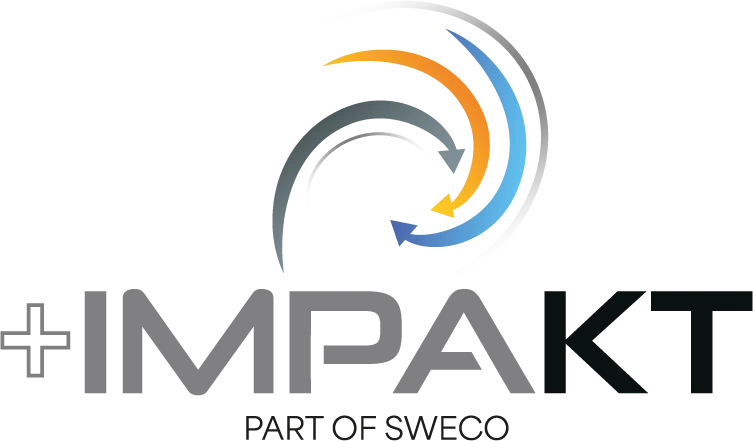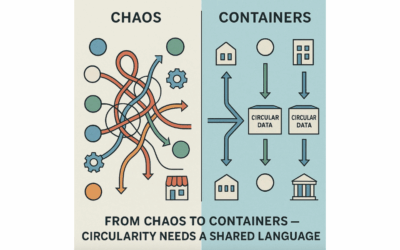The push toward a circular economy in Europe is reaching new frontiers—including the defence sector. In early 2024, the European Defence Agency (EDA), through its Incubation Forum for Circular Economy in European Defence (IF CEED), launched a groundbreaking project: IOTA 2. This initiative marks the first full-scale implementation under IF CEED and focuses on enhancing the circular lifecycle of military body armour using a Digital Product Passport (DPP).
From Vision to Implementation
While the initial study IOTA explored the feasibility of data sharing tools in defence, IOTA 2 brings the concept to life by targeting a specific piece of equipment: body armour vests.
The project is led by +ImpaKT, in collaboration with a cross-border industrial team from Germany, Spain, and France. Partners include companies such as FECSA, Rheinmetall, ELMICRON, and Sopra Steria, and the project is scheduled to run for 12 months.
The core objective of IOTA2 was to specify the key building blocks required to implement a Digital Product Passport, starting with a first practical application to body armour inserts. Beyond the immediate scope, the intent is to prepare the defence sector for wider DPP integration across various categories of military equipment.
Specifying the DPP for Body Armour
The IOTA2 project delivers a solid foundation for advancing DPP adoption in the European defence sector. Among the major outcomes:
- A list of requirements has been established for each core component of a DPP solution: data model, unique product identification (UID), marking technologies, and IT infrastructure.
- The project highlights not only the circularity benefits (e.g. extended product lifespan, fibres recovery) but also operational advantages for Armed Forces, such as enhanced stock and lifecycle management.
Importantly, the study confirms that the defence sector is well-positioned to implement DPPs, thanks to:
- Existing standardized IT systems and data models (e.g. ASD S-Series) already in use.
- Established channels for secure and effective data exchange between industry and Armed Forces.
- The sector’s need for high traceability and security, which aligns naturally with DPP functionalities.
- A relatively low upfront investment as shown by the cost analysis.
Looking Forward
Based on the promising results, the project recommends launching a pilot project on body armour inserts. This would provide valuable hands-on experience with DPP implementation and pave the way for broader application to other categories of defence products.
IOTA2 marks a significant step forward in aligning European defence practices with the EU’s digital and green transition. It shows that through collaboration and standardisation, DPPs can deliver real benefits for both sustainability and operational efficiency in the defence sector.
To know more on the Digital Product Passport in Defence, watch the video: https://youtu.be/FSX6N5lSETo
For further information contact +impaKT: info@positiveimpakt.eu
+352 26 107 010




0 Kommentare